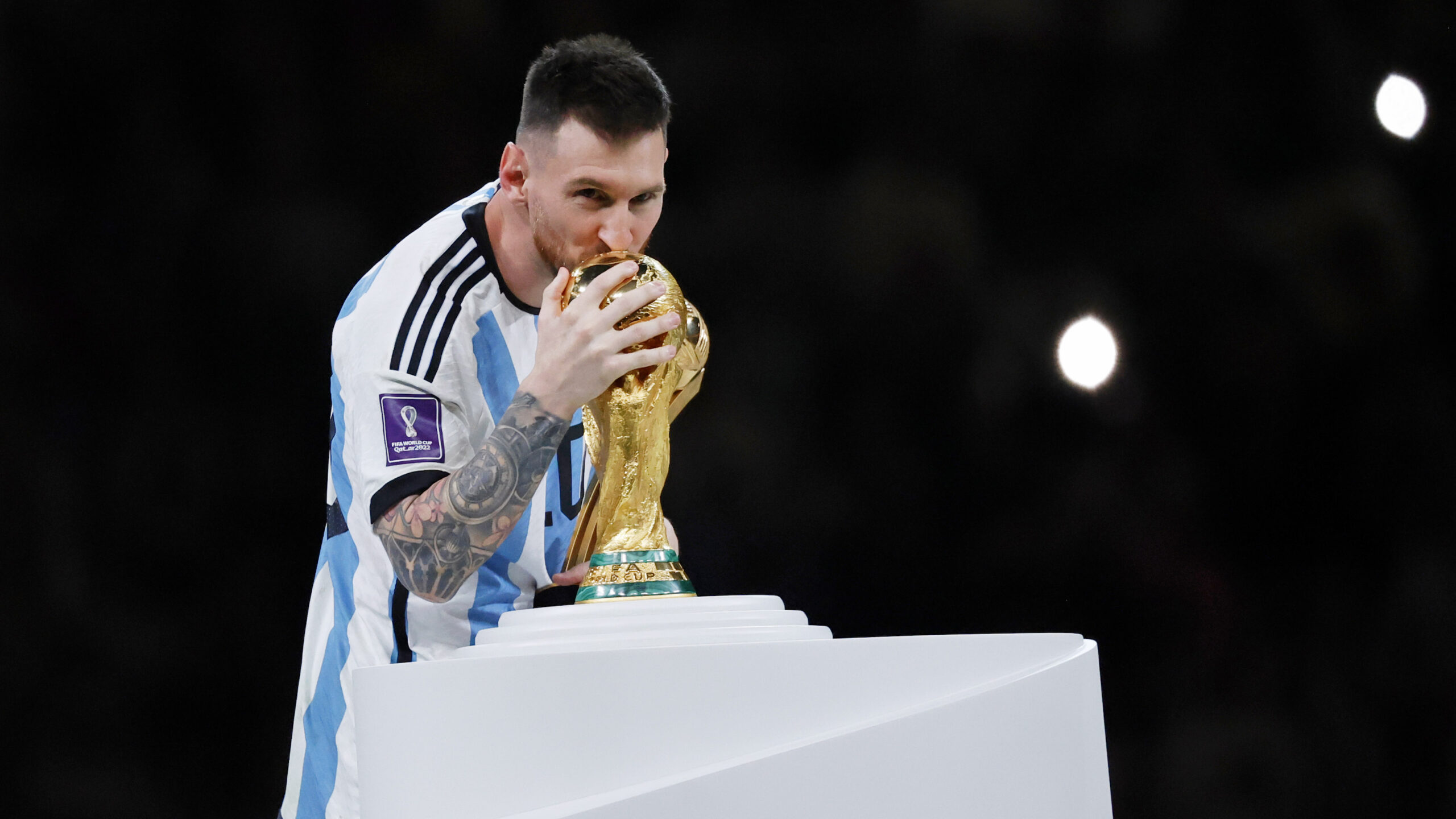 Once the skies over parts of Brazil opened up, the 2014 FIFA World Cup sprung to life.
Once the skies over parts of Brazil opened up, the 2014 FIFA World Cup sprung to life.
Three games were played on Friday, Day 2 of the 2014 World Cup. Mexico defeated Cameroon 1-0 in Group A, while Australia fell to Chile 2-1 and the Netherlands routed Spain 5-1 in Group B.
Here’s what we learned from the action:
Mexico comes together right on time
Mexico faltered throughout the final round of World Cup qualifying and its recent tuneup games did little to ease the angst of its fans.
But “El Tri” put things right in its first competitive game of 2014. Mexico defeated Cameroon in a driving rain storm in Natal, Brazil, to join the host nation as early pace-setters in its group.
Mexico scored twice before scoring the one the that actually counted. Giovanni dos Santos could have scored two goals in the first 30 minutes had the referee and his assistants not made the wrong call and disallowed both goals. But Mexico didn’t falter and was rewarded for its dominance when Oribe Peralta scored the winning goal in the 61st minute. The referees couldn’t ruin this one, too.
Peralta’s goal justified head coach Miguel Herrera’s decision to start him over Javier “Chicharito” Hernandez, and made it increasingly likely that the Manchester United striker will serve as a super-sub in subsequent games. Herrera also ended his goalkeeper controversy by starting Guillermo Ochoa over Jose Corona. Both decisions looked like the right one after Mexico’s first game. Future contests will determine how correct they are.
For now, it’s safe to say that Mexico is on the march, and the pain it endured in the 18 months leading up to the World Cup is firmly in the past.
No way to defend (a title)
Spain was supposed to be a safe pick. This collection of players has a legitimate claim to being the best national team in history, having won Euro 2008, the 2010 World Cup and Euro 2012. Most penciled Spain into one of the four semifinal spots in their World Cup 2014 brackets, but the Dutch tore the defending champion to shreds as the rain fell on Salvador, Bahia, in the second half.
The Netherlands are a young team, but they were well organized, tactically disciplined and hungrily pressured Spain’s ball-playing midfielders, making the game uncomfortable for their opponents.
Then forwards Robin van Persie and Arjen Robben exposed some uncomfortable truths about Spain’s defense. Goalkeeper Iker Casillas isn’t the flawless custodian that his incredible record suggests he is. Perhaps Jose Mourinho and Carlo Ancelotti, head coaches at Real Madrid in 2012-13 and 2013-14 respectively, made the right call in relegating Casillas from the untouchable status he enjoyed at the club for so long. Defenders Gerard Pique and Sergio Ramos also didn’t show themselves to be the imperial force at the back that they were in the past.
But defending starts from the front. The Dutch were assertive with their counter-attacks, and Spain was too often a step behind the play, especially on sequences that led to goals. Is it age, a sign of the times or a blip? We’ll find out soon enough.



